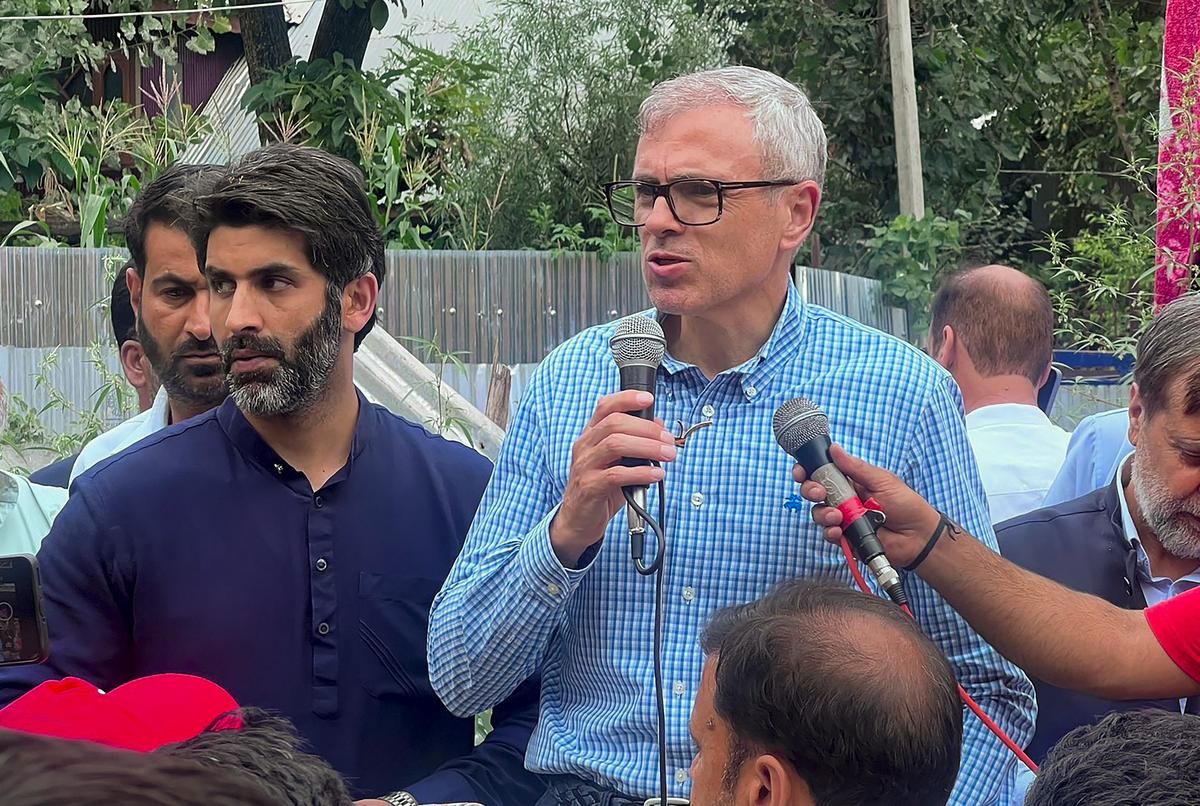
The discontent primarily stems from the belief that using terms like 'militants' normalizes the severity of the actions carried out by these groups. This is not the first time Omar Abdullah has faced criticism for his rhetoric. Many argue that in the current context, where violence has once again seen a resurgence in parts of Jammu and Kashmir, political figures need to adopt a firmer stance, particularly in their language.
This criticism of Abdullah aligns with the growing discontent over how political leaders in the region, especially those with a significant legacy like Abdullah, choose to frame their responses to such attacks. Public sentiment reflects a desire for more unambiguous condemnations, and the absence of the word 'terrorist' has become a flashpoint for this frustration.
The attack itself has once again brought to the fore the fragile security situation in the Union Territory. With rising incidents targeting security forces, the spotlight has returned to the challenge of maintaining law and order in the region. While security forces continue to counter such insurgent groups, the political rhetoric surrounding these attacks is often scrutinized, adding another layer of complexity to the Kashmir conflict.
Omar Abdullah's legacy, tied closely to the politics of Jammu and Kashmir through his family's longstanding influence, adds weight to his every statement. The National Conference, one of the oldest political parties in the region, has often found itself at odds with various sections of society over its approach to handling insurgency and militancy. Abdullah’s statements are seen as representing not just his personal views but also the broader stance of the National Conference.
The debate over terminology is not new to the region. Over the years, the words 'militants,' 'insurgents,' and 'terrorists' have been used interchangeably, often reflecting the political leanings of those employing them. Abdullah's preference for 'militant' has been viewed by critics as an attempt to avoid framing the attackers in the harshest possible terms, a move they argue undermines the gravity of their actions.
This latest controversy adds to the growing challenges for political leaders in Jammu and Kashmir, where every statement is dissected for its implications on the broader narrative surrounding the conflict. Public perception plays a significant role in shaping the political landscape, and Abdullah's handling of this situation has not gone unnoticed by the opposition and the general populace alike.
